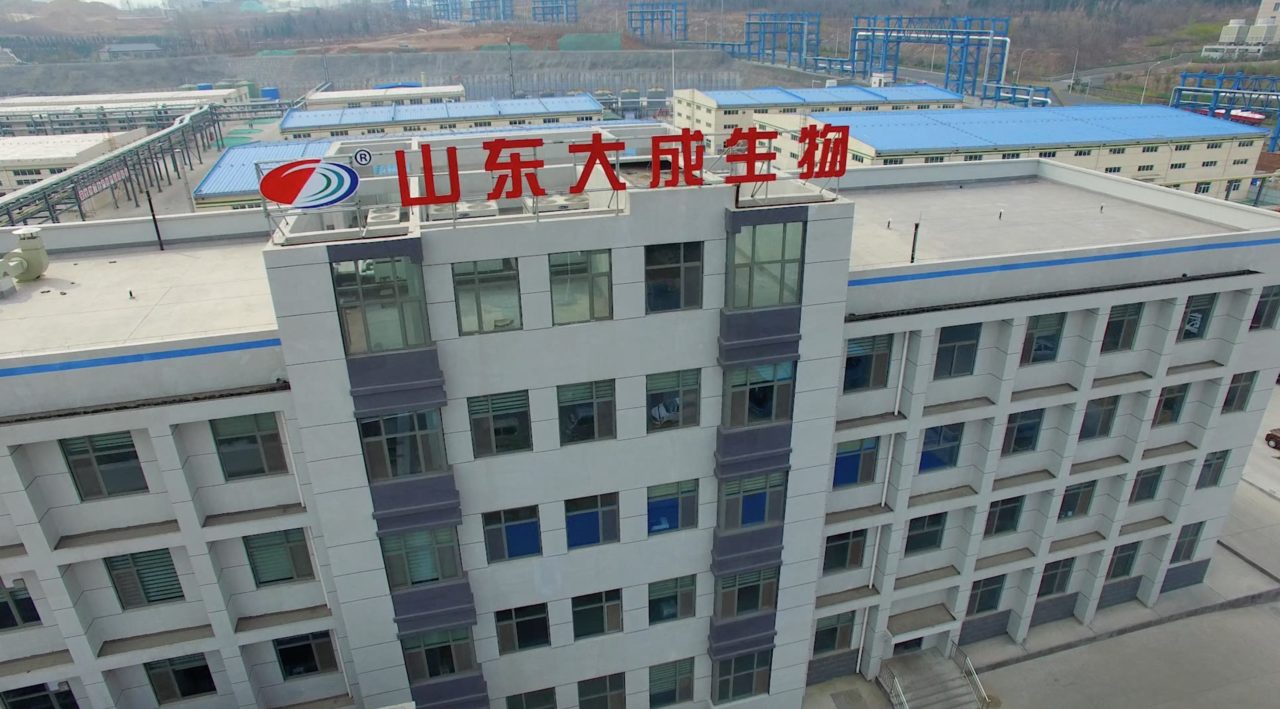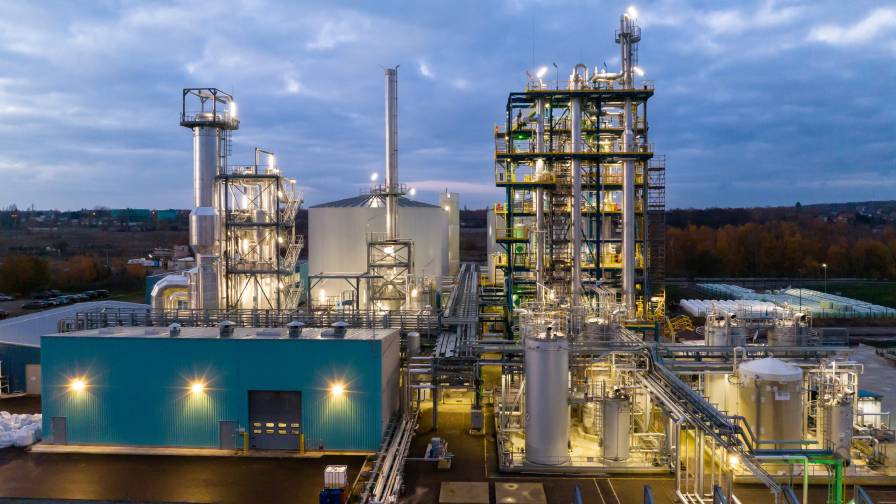Healthy Soils are Critical for Healthy Crops
To most of the world it’s just dirt. For the ag community healthy soils are critical to delivering not only healthy crops, but also increasing profits. All members of the supply chain are working to improve the soil microbiome to improve their crops and bottom lines, according to an exclusive article in AgriBusiness Global DIRECT.
“Disease suppressive soils (DSS) are inhospitable environments for pathogens,” said Cassidy Million, Director of Ag Science at Heliae Agriculture. “Beneficial microbes and crops have a symbiotic relationship. When active beneficial microbes outnumber pathogenic microbes, they increase competition and block pathogenic microbes from accessing vital nutrients. Some beneficial microbes will also secrete antibiotic-like enzymes and release exudates to protect crops.”
Several organizations are working to educate growers and other members of the supply chain on the importance of healthy soils and how adjusting the amount and types of crop inputs can aid in that process.
For example, the Pesticide Action Network reported that conventional farming practices are normally bankrupt in soil organic matter (SOM) and rely on petroleum-based pesticides and fertilizers. A growing amount of research addresses both short-term and extended impacts of pesticides on nutrient availability and soil health, as well as impacts on future food security, greenhouse gas emissions, and farmers’ financial survival.
Much has been learned about the microbiome, but it’s clear there is still much to learn about what else is there and how crop inputs affect the soil.
The Center for Biological Diversity’s 2021 peer-reviewed study analyzed 494 studies of 275 unique species or types of soil organisms and 284 pesticides or pesticide mixtures. The results showed the use of synthetic pesticides in U.S. agriculture was detrimental to healthy soil by killing invertebrates like earthworms, ants, beetles, and ground-nesting bees. These invertebrates are key for creating healthy soil by taking carbon from plants and decaying matter and stabilizing it in soil.
The studies, so far, suggest healthier soils require fewer inputs.
However, studies done by BioOne, Purdue University, and the Weed Society of America, are finding that healthy soil can co-exist with decreased agrochemicals loads.
Juan Jose Chavez Mulet, Corporate Project Manager-Advanced Analytical Services for DISAGRO, said numerous studies show that more glyphosate is needed to kill weeds in sterilized soil and is sometimes not effective at all. This is not the same for soil with a healthy microbiome. Studies show that less glyphosate and other agrochemicals are needed to kill weeds in healthy soil.






